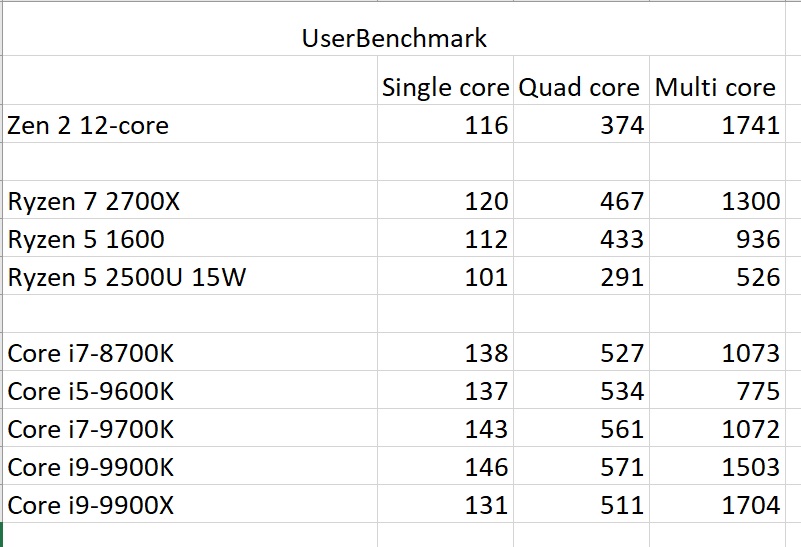So why is the Radeon 7 £799 more expensive than a 2080 ?
It’s not faster...
AMD is not offering value here...
I was waiting for that one to pop up. For a start £799 is the mug's price for those who are too impatient to wait for Sapphire stock to show up, so let's keep the argument contained to £650 where it should be.
Radeon VII is a PR stunt to get the world's first 7nm gaming card out of the door, a PR stunt only made possible by Nvidia's price gouging of the RTX line, the woeful implementation and performance of RTX technologies and stagnant raster performance. If any one of these things was different then AMD would not have had an opportunity to repurpose those failed (we suspect) Instinct MI50 packages that were otherwise destined for the trash. As it happens, with a bit of brute force the Radeon VII can match the RTX 2080 in traditional raster performance (once those stupid press drivers are sorted out at least), with the bragging rights of having 16GB worth of 1TB/s VRAM. Out of the blue, the long maligned AMD graphics division has released a card that can finally keep up with an Nvidia product only a few months old.
That's big PR for you. It matters not that those of us watching the actual technology know it's a brute force approach to match 2 year old performance levels, but also it matters not that Nvidia haven't really moved their raster performance either. To the unwashed masses, AMD look like they're back in the mix.
Now you could argue that if AMD were to just dispose those failed packages anyway, they'd still be recouping something if they undercut Nvidia by £100. That's a valid point, but it would (in my belief anyway) cause perception problems further down the road, specifically Navi in the midrange bracket: if AMD can drop 16GB of expensive HBM2 onto a card that retails "as cheaply" as £550, then why would a midrange Navi card with only 8GB of cheap GDDR6 retail "as expensively" as £350**? I think that £650 price point gives Navi some breathing space in terms of specs, but also will paint it in a very positive light when it performs between the outgoing RX Vega 64 and the new Radeon VII for half the price.
But you can't use Radeon VII's price as any gauge or metric for the CPUs, it's irrelevant. The CPUs are cutting edge technology born from a carefully crafted and implemented plan, which includes significantly reduced manufacturing costs compared to what's come before. Radeon VII is a PR stunt cobbled together from failed stock, a crazy man's unfeasible plan and launched because of Nvidia's greed. Ryzen can be priced sensibly, Radeon VII can't.
** I'm throwing £100 onto the leaked Navi price points because they're not going to happen, however much they should happen.



